Wasps are a common garden nuisance. While they play a vital role in the ecosystem by controlling other pests, they can pose a threat to your plants and disrupt your outdoor spaces. Wasps can damage fruits, flowers, and vegetables, and their stings are a concern for gardeners. If you’re looking to keep your garden thriving without harmful chemicals, here are five in-depth strategies to protect your plants from wasps using natural methods.
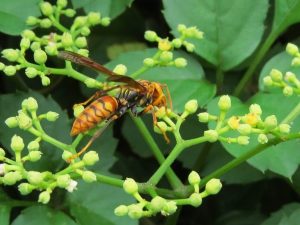
1. Cultivate Wasp-Repellent Plants
Certain plants naturally deter wasps with their scents and compounds. Adding these to your garden can act as a passive and eco-friendly way to reduce wasp activity:
- Mint: This aromatic herb is highly effective in repelling wasps. Plant mint in containers to prevent it from spreading uncontrollably and position it near entry points or plants that need protection.
- Lavender: Known for its soothing scent to humans, lavender is disliked by wasps. Plant it in borders or garden beds to create a fragrant and effective barrier.
- Citronella: Although popular for deterring mosquitoes, citronella also helps repel wasps. Incorporate it into potted arrangements around patios or garden edges.
- Marigolds: These vibrant flowers produce a scent that keeps many pests, including wasps, away. Use them as companion plants for fruits and vegetables.
By strategically planting these wasp-repellent species, you not only protect your garden but also enhance its beauty with colorful and fragrant additions.
2. Maintain a Clean and Tidy Garden
Wasps are attracted to food sources like sugary substances and decaying organic matter. Keeping your garden clean is one of the simplest ways to deter them:
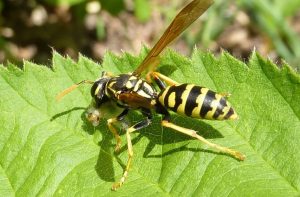
- Remove Fallen Fruit: Regularly pick up any fruit that drops from trees, as the sweet smell can attract wasps.
- Seal Compost Bins: Use tightly closed lids on compost bins to keep wasps from accessing decaying materials.
- Eliminate Standing Water: Wasps are drawn to water sources for hydration. Empty buckets, trays, or other items that collect water.
A clean garden minimizes attractants for wasps, making your space less hospitable to them.
3. Use Wasp Traps Effectively
Wasp traps can significantly reduce the number of wasps in your garden. These traps lure wasps into a container using bait, preventing them from escaping. Here’s how to use them effectively:
- Placement: Position traps away from the plants you want to protect. This keeps the wasps distracted and reduces the chances of them lingering near your plants.
- Homemade Solutions: Create a DIY wasp trap using a plastic bottle. Cut the top off, invert it, and add bait such as a mixture of sugar water and vinegar. The vinegar helps prevent bees from being trapped, as they are beneficial pollinators.
- Monitor and Replace Bait: Regularly check traps to ensure they remain effective and dispose of captured wasps responsibly.
4. Create Physical Barriers
Protective coverings act as a shield, preventing wasps from accessing plants. Physical barriers are especially useful for high-value crops or plants that attract wasps:
- Mesh Netting: Use fine mesh to cover fruit trees, berry bushes, and vegetable beds. Ensure the netting is securely anchored to prevent wasps from sneaking underneath.
- Row Covers: Lightweight row covers allow sunlight and air to reach your plants while keeping pests out. These are ideal for vegetables and small shrubs.
- Enclosures: For specific plants, consider small garden cloches or cages to provide localized protection.
These barriers not only keep wasps away but also protect your plants from other pests and environmental stressors.
5. Adopt Wasp-Friendly but Controlled Practices
While it’s important to keep wasps away from your plants, remember that they can also be beneficial for pest control. Striking a balance is key:
- Relocate Wasp Nests: If a wasp nest is nearby but not directly in your garden, consider contacting a professional to relocate it safely. Wasps can help control caterpillars and other harmful insects.
- Avoid Perfumed Products: Strongly scented perfumes and lotions can attract wasps to your presence in the garden. Stick to unscented products when gardening.
- Plant Decoys: Establish a “wasp zone” by planting flowers like fennel or dill in an area away from your main garden. This encourages wasps to congregate elsewhere.
Additional Tips for Organic Pest Control
- Essential Oils: Use essential oils such as eucalyptus, clove, or lemongrass mixed with water as a spray to repel wasps.
- Peppermint Spray: Studies show that peppermint oil is particularly effective against wasps. Combine 10 drops of peppermint oil with water in a spray bottle and apply it to areas where wasps are active.
- Natural Predators: Birds, such as chickadees and titmice, feed on wasps. Attract these birds by installing feeders or birdhouses in your garden.
Protecting your plants from wasps doesn’t have to involve harmful chemicals or disruptive measures. By using a combination of wasp-repellent plants, maintaining a clean garden, setting traps, creating physical barriers, and adopting balanced pest control practices, you can enjoy a wasp-free garden while respecting their role in nature. These methods are safe, sustainable, and effective, ensuring your plants thrive in a healthy environment.
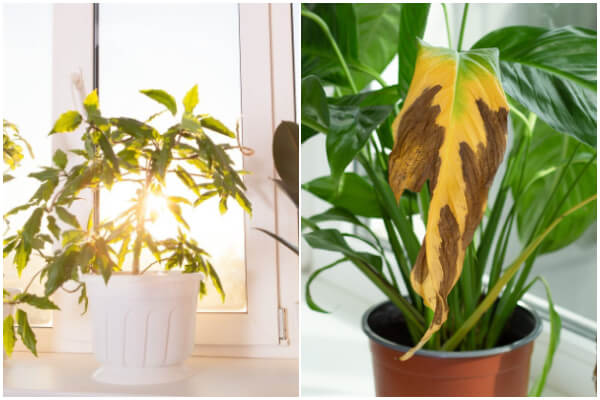
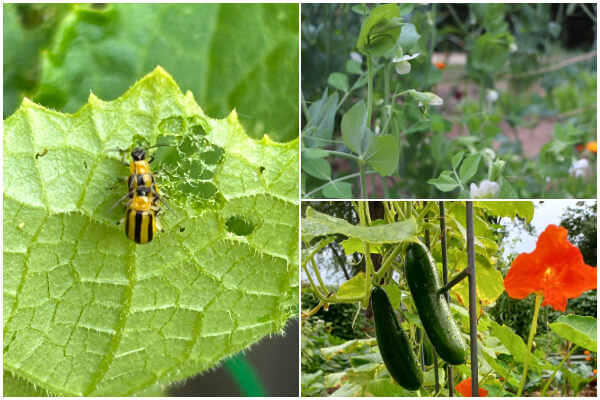
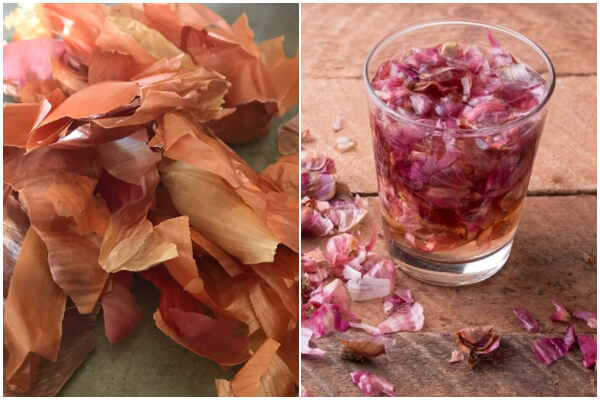
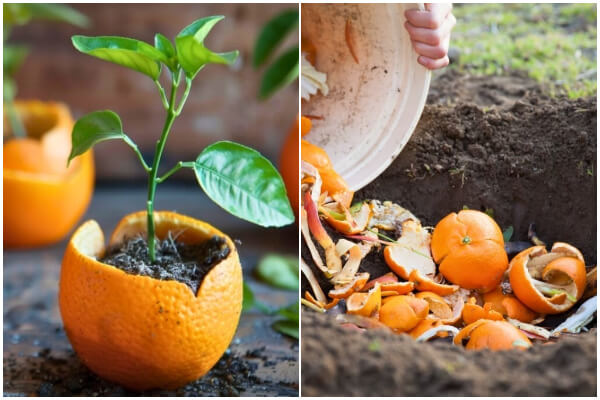
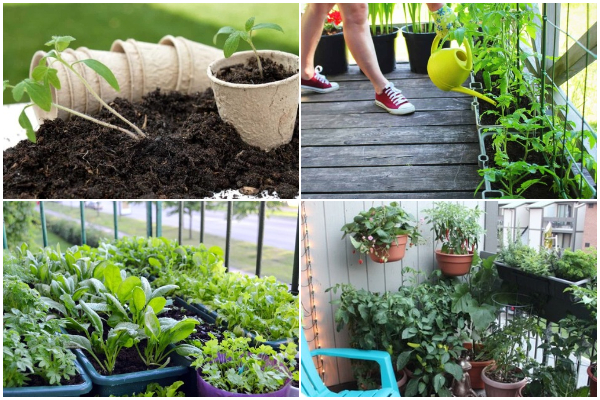



Leave A Comment